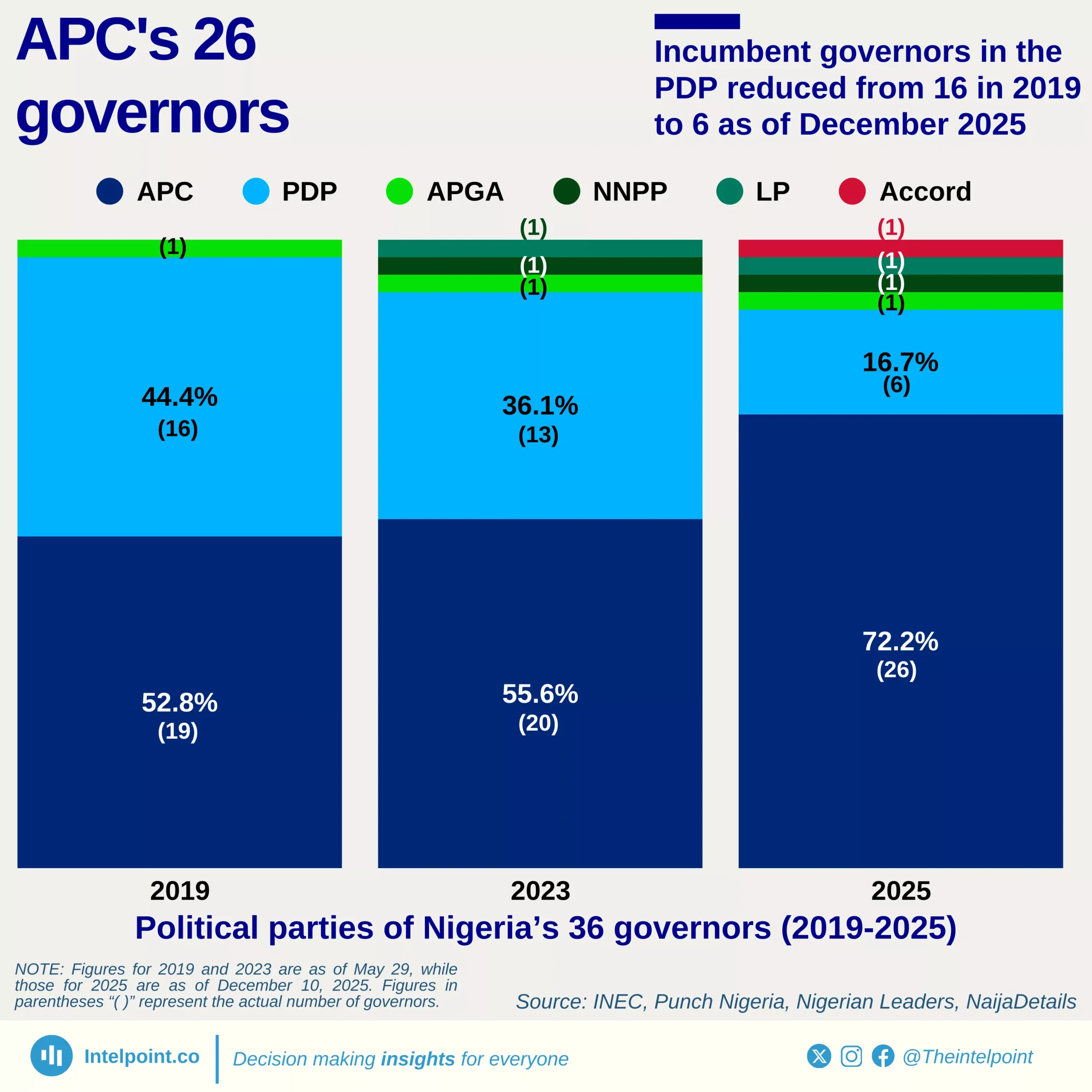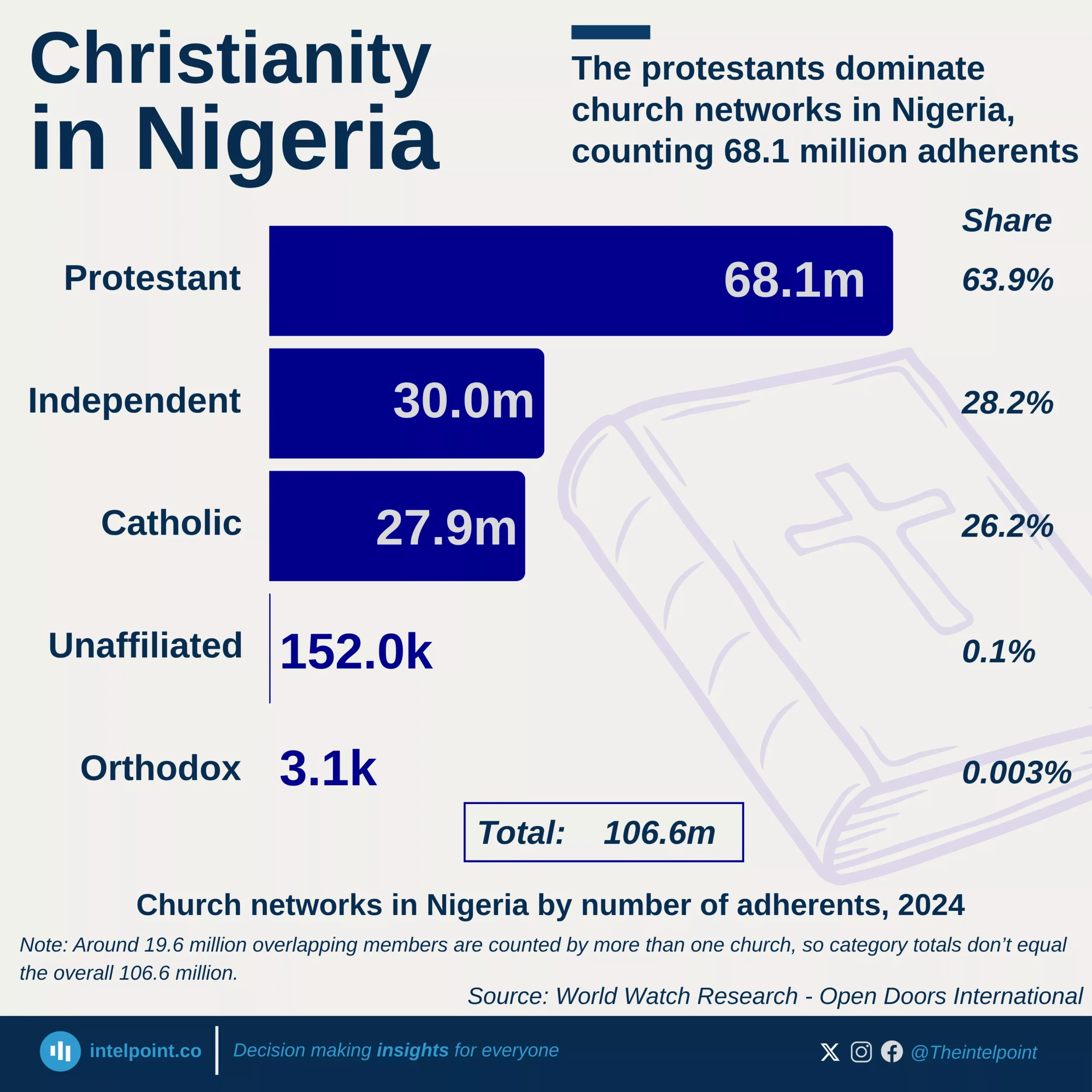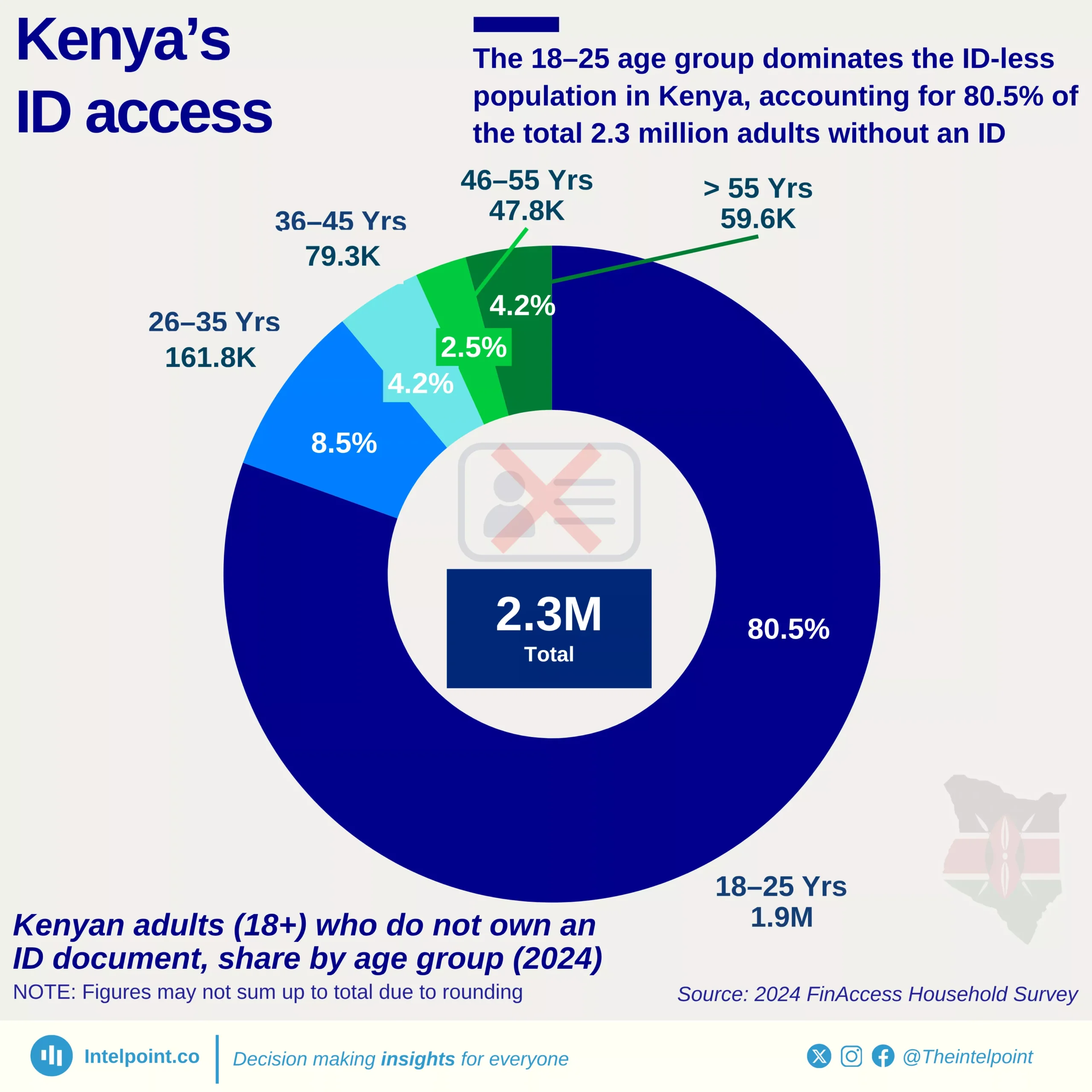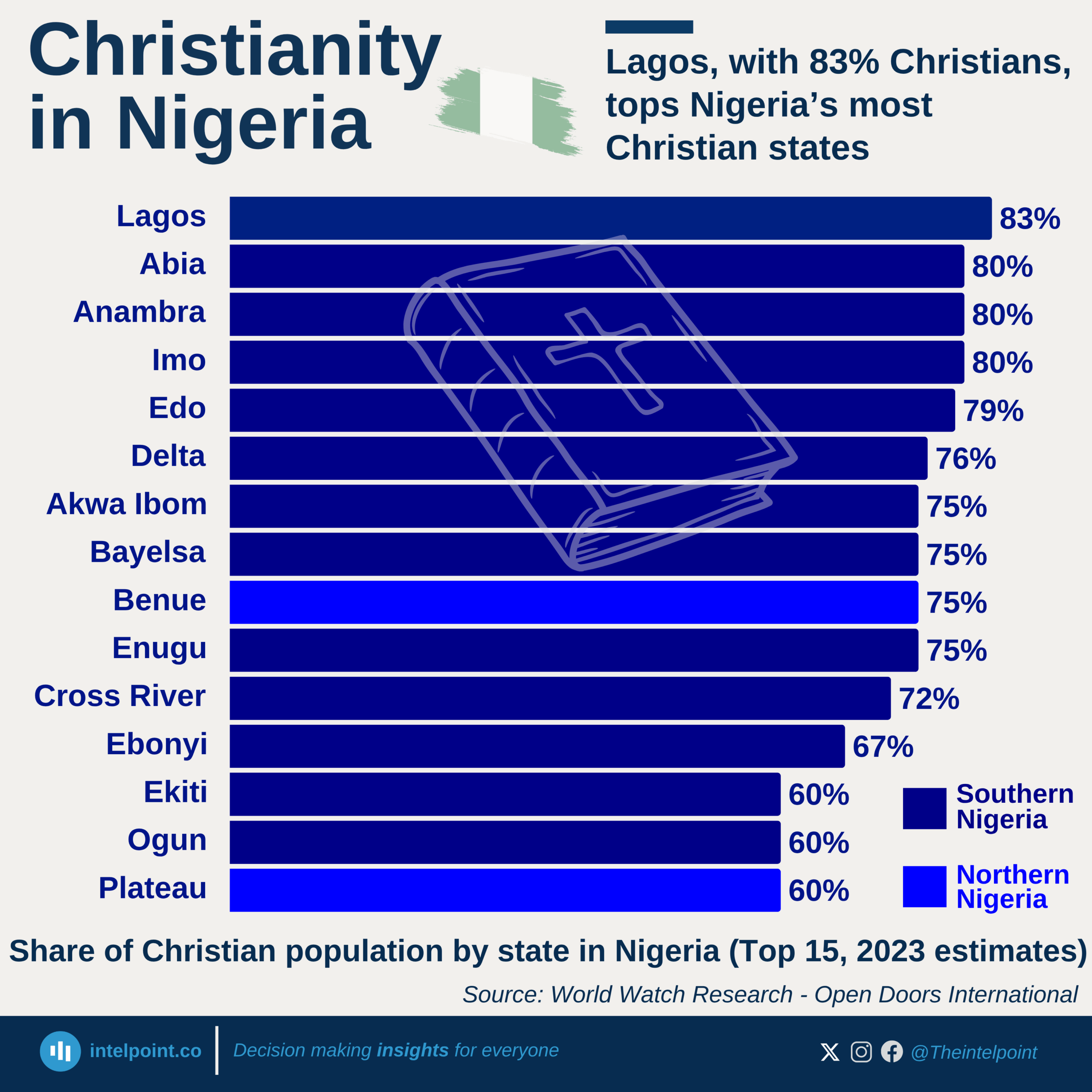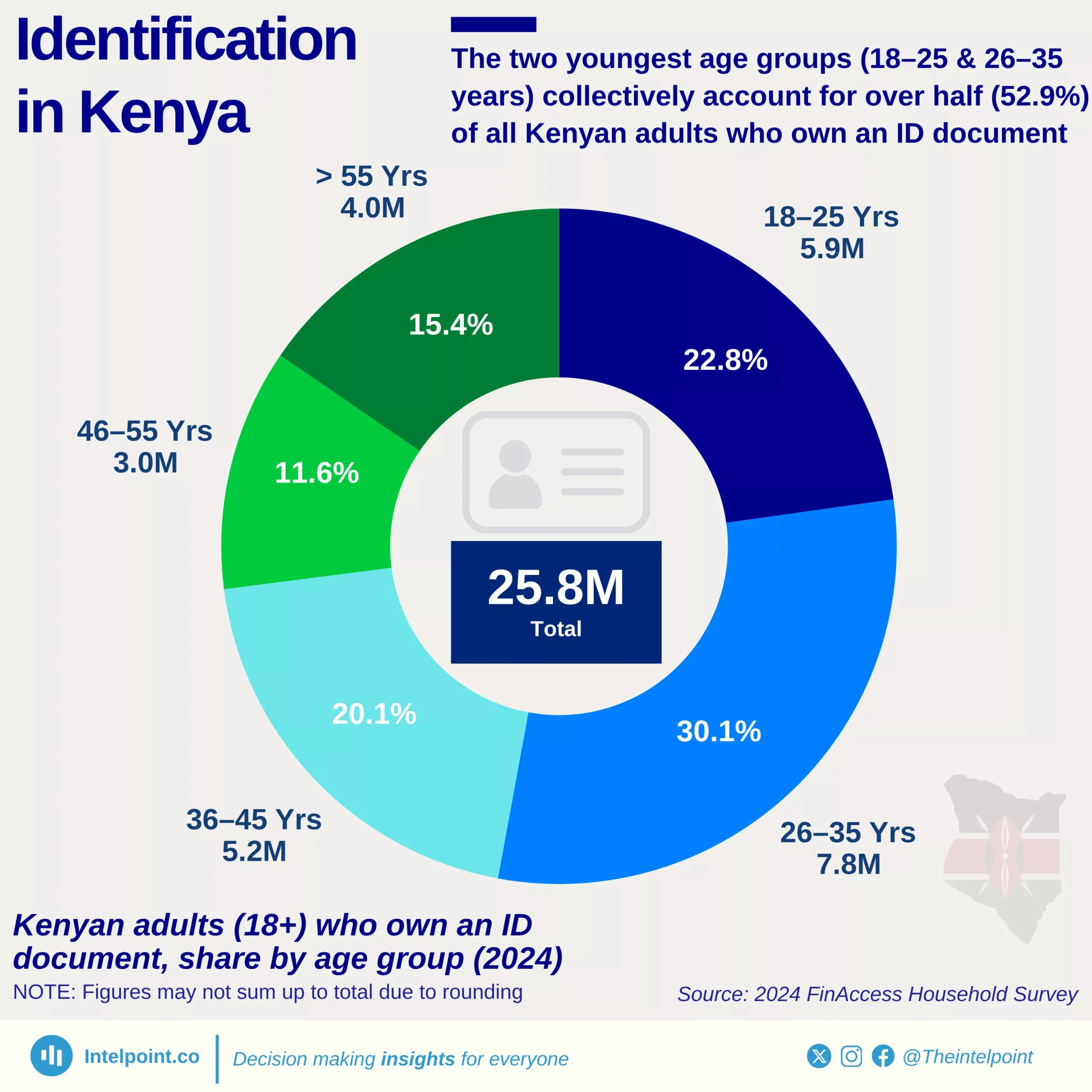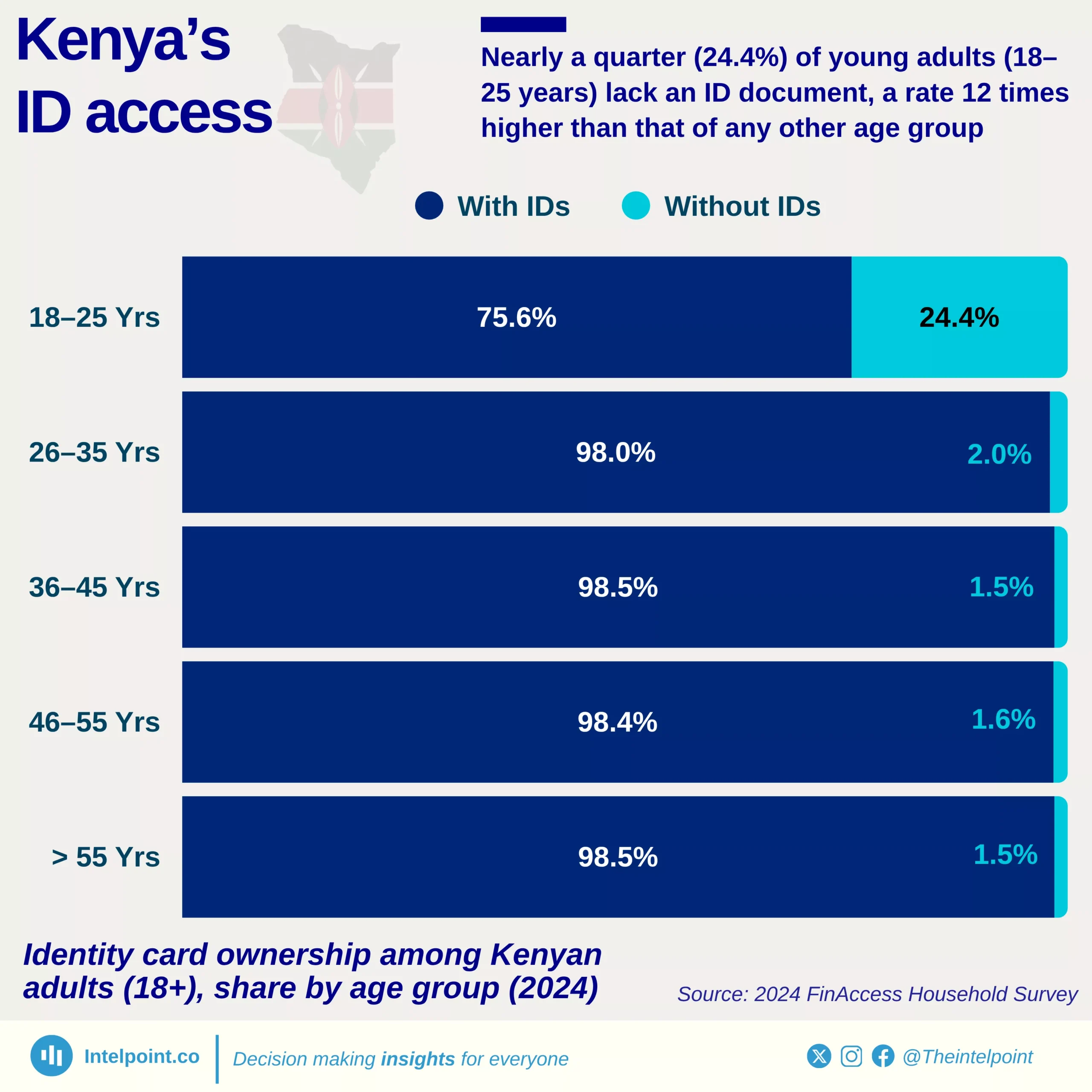One of the major concerns in the workplace in 2024 is about how artificial intelligence (AI) will redefine jobs.
Only a small percentage of people in Nigeria are not sure about how AI will affect their jobs, with another 90.8% believing that they are safe and will work together with AI.
